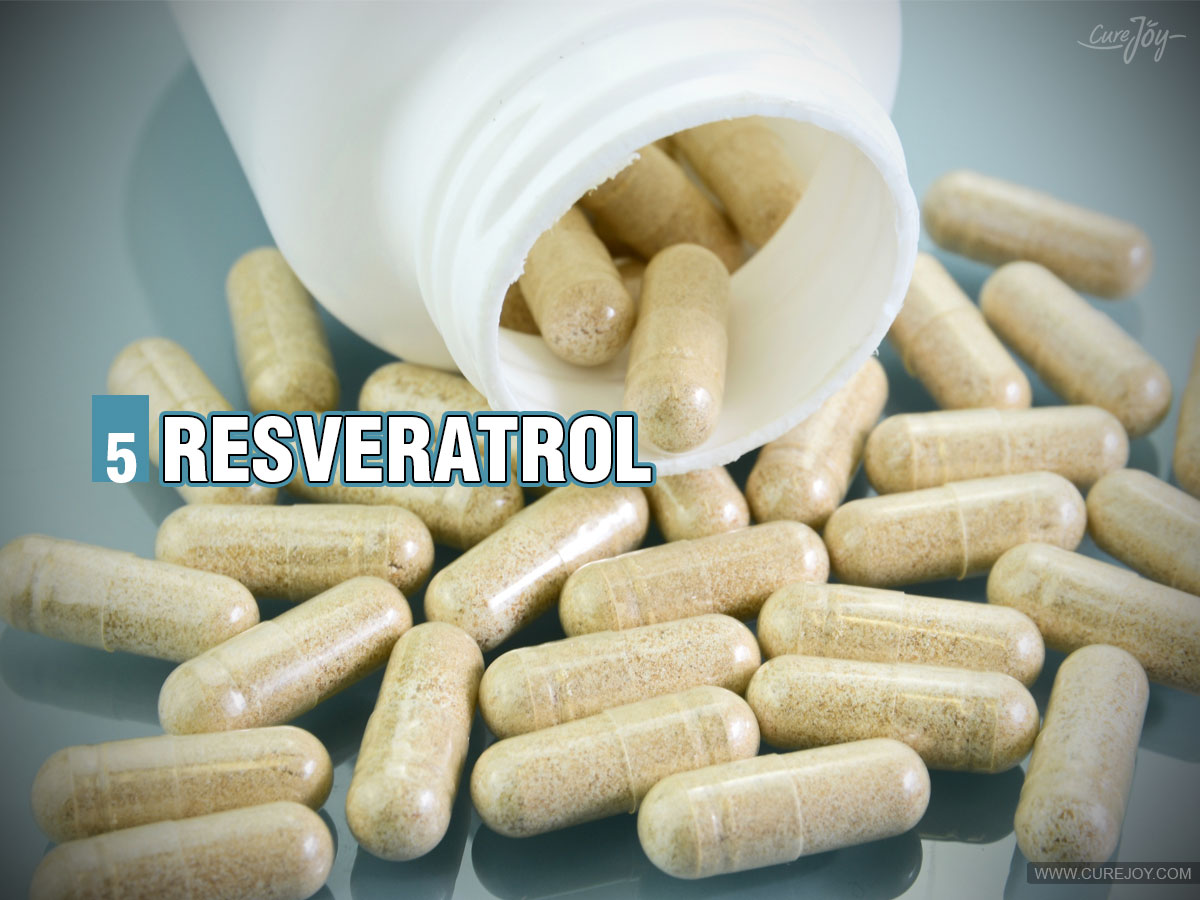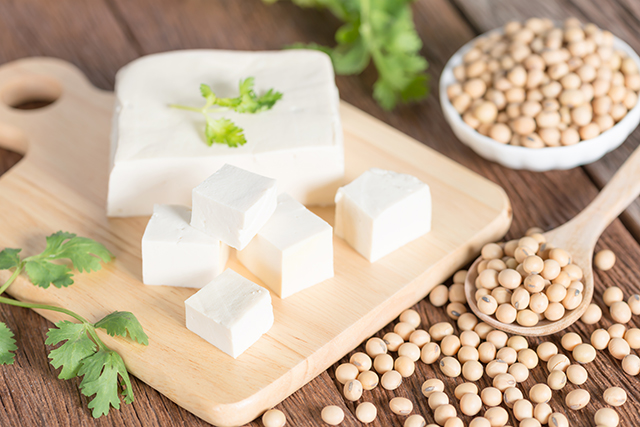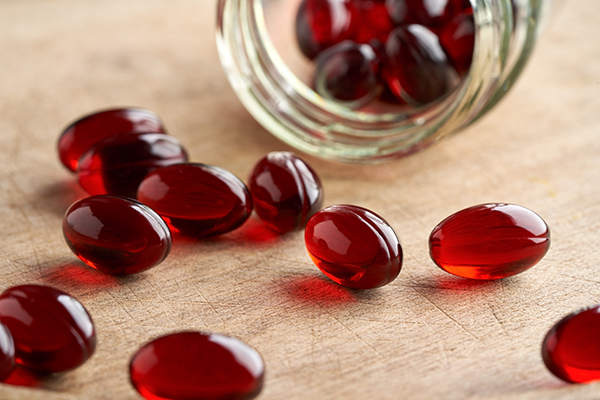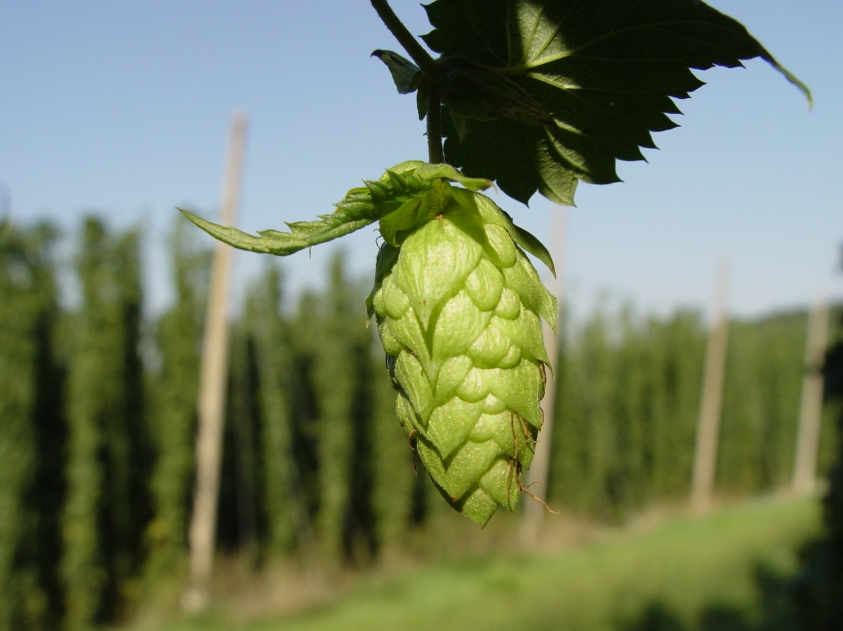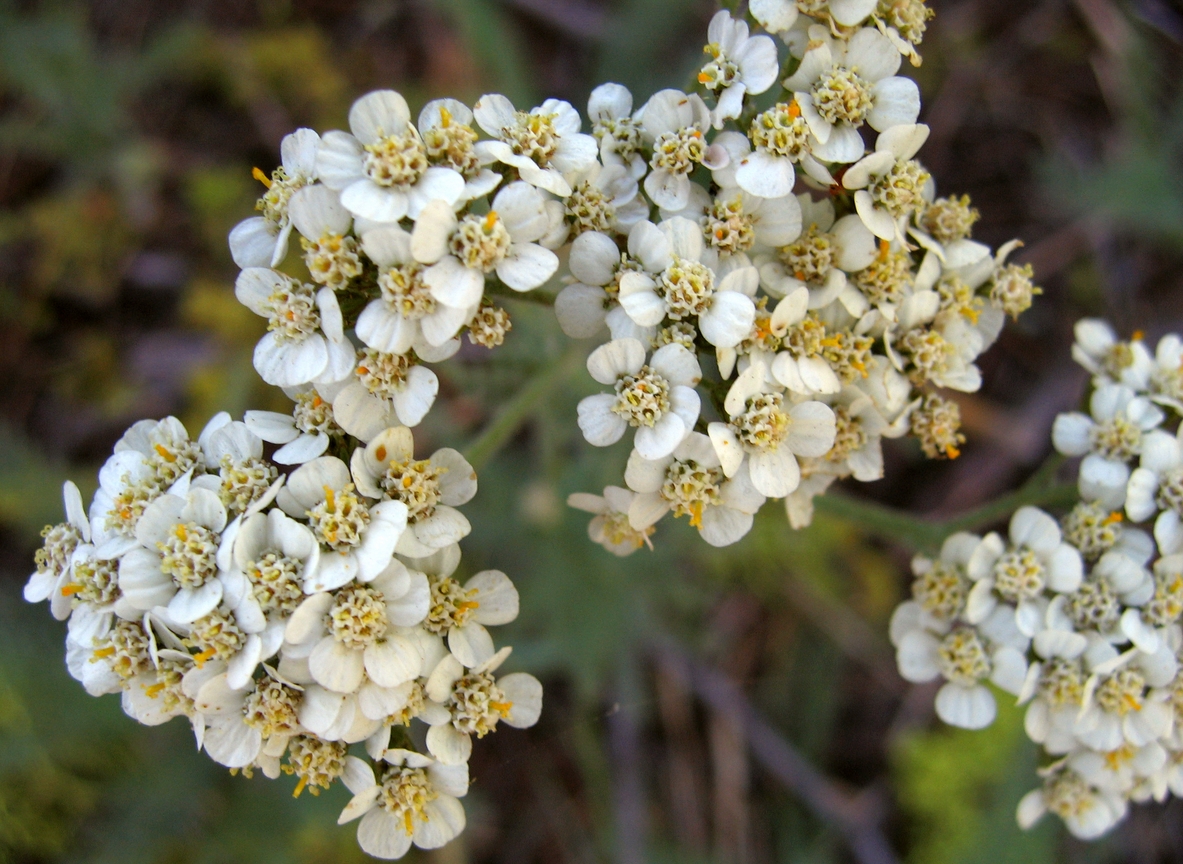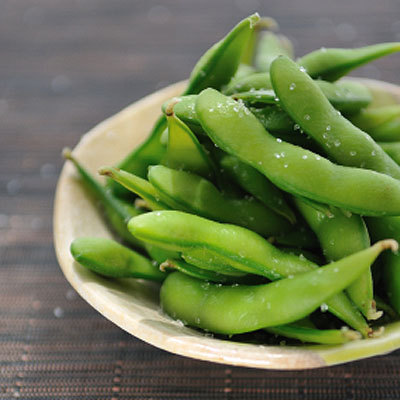Cinnamon plays a critical role in diabetes management
04/01/2025 / By Lance D Johnson

- Cinnamon, a common spice derived from the bark of Cinnamomum trees, has been studied for its potential to help manage blood sugar levels in people with diabetes.
- Research indicates that cinnamon may improve insulin sensitivity and reduce blood sugar levels, but the evidence is not yet conclusive enough to recommend it as a medical treatment.
- The spice’s antioxidant properties may offer additional health benefits, such as reducing inflammation and protecting against chronic diseases related to diabetes.
- While adding cinnamon to food is generally safe, high doses in supplement form can pose risks, including liver damage.
The spice of life: Cinnamon’s historical and modern appeal
For centuries, cinnamon has been a cherished spice, not only for its warm, sweet flavor but also for its potential health benefits. Historically, it has been used in traditional medicine to treat a variety of ailments, from digestive issues to inflammation. Today, modern science is beginning to unravel the potential of this ancient spice in managing chronic conditions like diabetes.
Diabetes, a condition characterized by high blood sugar levels, affects millions of people worldwide. The search for natural ways to manage this condition has led researchers to explore the properties of cinnamon. Some studies suggest that cinnamon may help improve insulin sensitivity, making it a potential ally in the fight against diabetes.
Cinnamon and blood sugar
The active compound in cinnamon, cinnamaldehyde, is believed to be responsible for its potential benefits in diabetes management. According to Nicole Patience, RDN, CDCES, a certified diabetes care and education specialist at Joslin Diabetes Center in Boston, “Cinnamon may lower blood sugar by reducing insulin resistance, allowing the body to use the insulin present more effectively.”
A meta-analysis of studies involving people with type 2 diabetes found that consuming cinnamon supplements for at least 10 weeks could lead to improvements in fasting blood sugar levels and hemoglobin A1C, a key indicator of long-term blood sugar control. However, the results are not entirely consistent. Some studies have shown no significant impact on blood sugar levels, highlighting the need for more research.
Patience notes that cinnamon may also benefit those with prediabetes. In a small study, participants with prediabetes who took 4 grams of cinnamon daily for four weeks experienced less of a rise in glucose levels compared to those who did not take cinnamon.
Cinnamon’s broader health benefits
Cinnamon’s potential health benefits extend beyond blood sugar management. Its antioxidant properties may help protect against free radicals and chronic inflammation, which are common in people with diabetes and can lead to complications such as diabetic neuropathy and cardiovascular disease.
One review suggests that consuming at least 1.5 grams (about ? teaspoon) of cinnamon daily may improve metabolic health by reducing triglycerides, total cholesterol, LDL cholesterol, blood pressure, and blood sugar levels in people with metabolic diseases like diabetes.
Additionally, cinnamon’s anti-inflammatory effects may help alleviate symptoms of rheumatoid arthritis, an autoimmune condition that often coexists with Type 1 diabetes. The spice’s ability to ease joint inflammation, pain, and stiffness could provide relief for those suffering from this debilitating condition.
While the evidence for cinnamon’s health benefits is promising, it is important to consider how to incorporate it into your diet. Sandra Arévalo, RDN, MPH, CDCES, recommends using cinnamon and nutmeg to add flavor to desserts and other sweet treats while reducing the amount of sugar used in recipes.
For those who prefer a more concentrated form, cinnamon supplements are available. However, Arévalo warns that high doses of cinnamon can cause gastrointestinal issues such as nausea, vomiting, diarrhea, or heartburn. Moreover, a component in cinnamon called coumarin has been linked to liver damage in some individuals.
“If you decide to try cinnamon supplements, it’s crucial to consult with your healthcare provider to ensure they won’t interact with any other medications or supplements you take,” Arévalo advises. She also recommends looking for supplements that have been third-party tested by organizations like NSF, ConsumerLab, or U.S. Pharmacopeia (USP) to ensure safety and efficacy.
In conclusion, cinnamon shows promise as a natural aid in managing diabetes and improving overall metabolic health. Its antioxidant and anti-inflammatory properties may offer additional benefits for those with conditions related to diabetes. As with any supplement, moderation and consultation with a healthcare provider are key. While cinnamon may not be a magic bullet, it can be a flavorful addition to a balanced diet and a potential tool in the broader strategy for managing diabetes.
Sources include:
Submit a correction >>
Tagged Under:
alternative medicine, blood sugar, cinnamon, diabetes cure, diabetes science, food cures, food is medicine, food science, functional food, grocery cures, health science, herbal medicine, Herbs, insulin resistance, metabolic health, natural cures, natural health, natural medicine, natural remedies, supplements
This article may contain statements that reflect the opinion of the author
RECENT NEWS & ARTICLES
Natural.News is a fact-based public education website published by Natural News Features, LLC.
All content copyright © 2018 by Natural News Features, LLC.
Contact Us with Tips or Corrections
All trademarks, registered trademarks and servicemarks mentioned on this site are the property of their respective owners.

